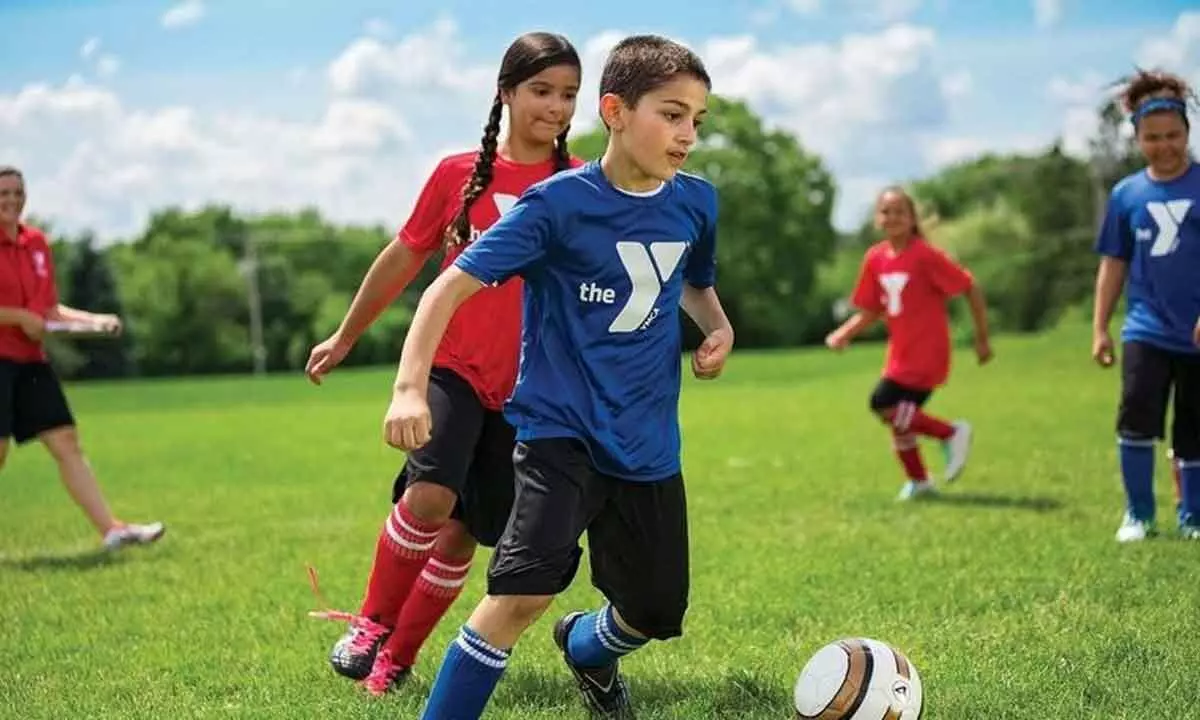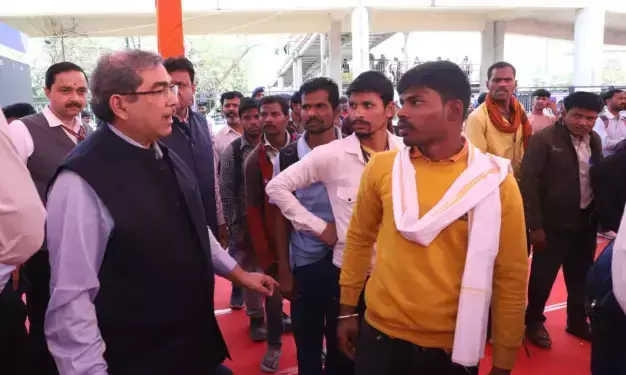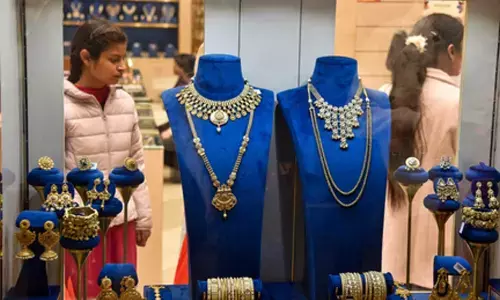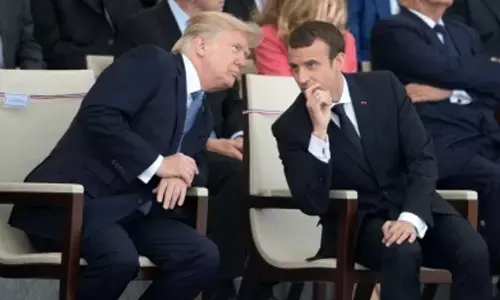Sports fosters peace, drives development

Today is International Day of Sport for Development and Peace
Sports have long been recognized as a powerful tool for fostering development and peace within societies. Whether it’s through grassroots initiatives or international sporting events, the inherent values of sports contribute to creating a more peaceful and inclusive world.
One of the key aspects of sports for development and peace is its ability to promote social inclusion. Regardless of one’s background, ethnicity, or socioeconomic status, sports provide a common platform where individuals can come together, build relationships, and break down barriers. By engaging in sports activities, people learn to appreciate diversity and respect each other’s differences, thereby promoting social cohesion and harmony within communities.
Moreover, sports serve as a catalyst for personal and collective development. Through participation in sports, individuals learn essential life skills such as teamwork, communication, and perseverance. These skills not only benefit individuals on the field but also in their daily lives, helping them navigate challenges and pursue their goals with confidence. Additionally, sports promote physical and mental well-being, contributing to healthier and happier communities. At the international level, sporting events have the power to transcend political differences and foster dialogue and understanding among nations. The Olympic Games, for example, bring together athletes from around the world, promoting friendship and cooperation across borders. Similarly, events like the FIFA World Cup unite people across continents, celebrating the universal passion for football and promoting a sense of global solidarity.
In conflict-affected areas, sports play a crucial role in promoting reconciliation and peacebuilding. Organizations such as Peace and Sport and the International Platform on Sport and Development use sports-based interventions to address issues such as violence, discrimination, and social exclusion.
Through programs like sports diplomacy, conflict resolution, and peace education, these organizations harness the power of sports to promote dialogue, bridge divides, and build a culture of peace.
Furthermore, sports offer opportunities for empowerment, particularly for marginalized groups such as women and girls, persons with disabilities, and refugees.
By breaking down traditional gender norms and providing equal access to sports facilities and opportunities, sports empower women and girls to challenge stereotypes, build self-confidence, and pursue leadership roles both on and off the field. Similarly, sports provide a sense of belonging and purpose for refugees and displaced persons, helping them rebuild their lives and integrate into new communities.
Sports for development and peace are essential for creating a more peaceful and inclusive society. By promoting social inclusion, personal development, international cooperation, and peacebuilding, sports have the power to transform lives and communities around the world. As we continue to harness the potential of sports as a force for positive change, we move closer to realizing a world where everyone can live in peace and harmony.








